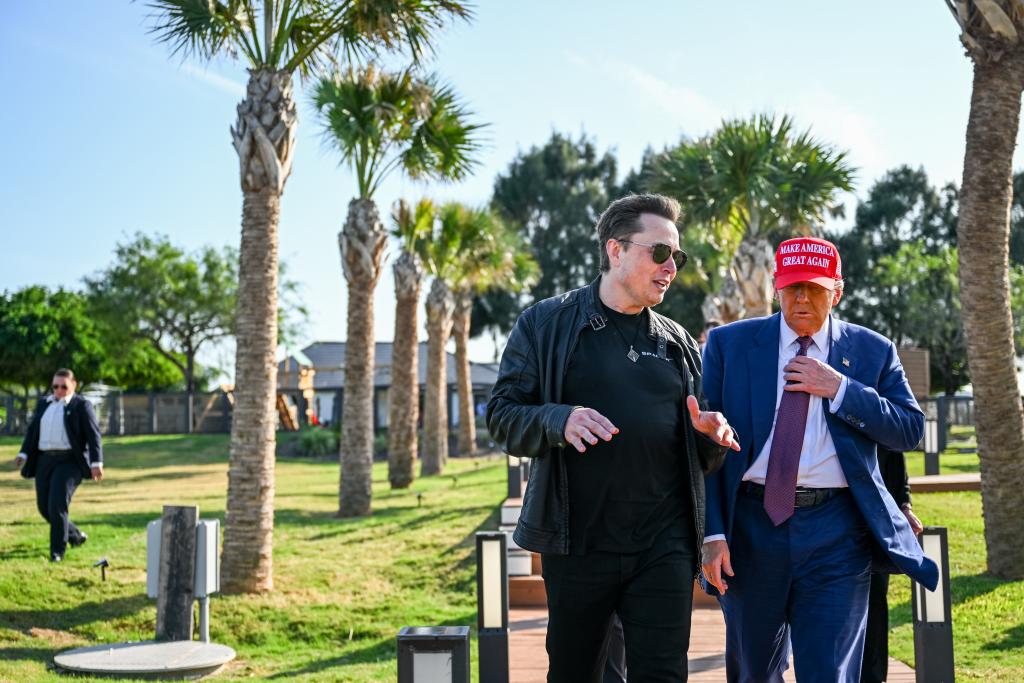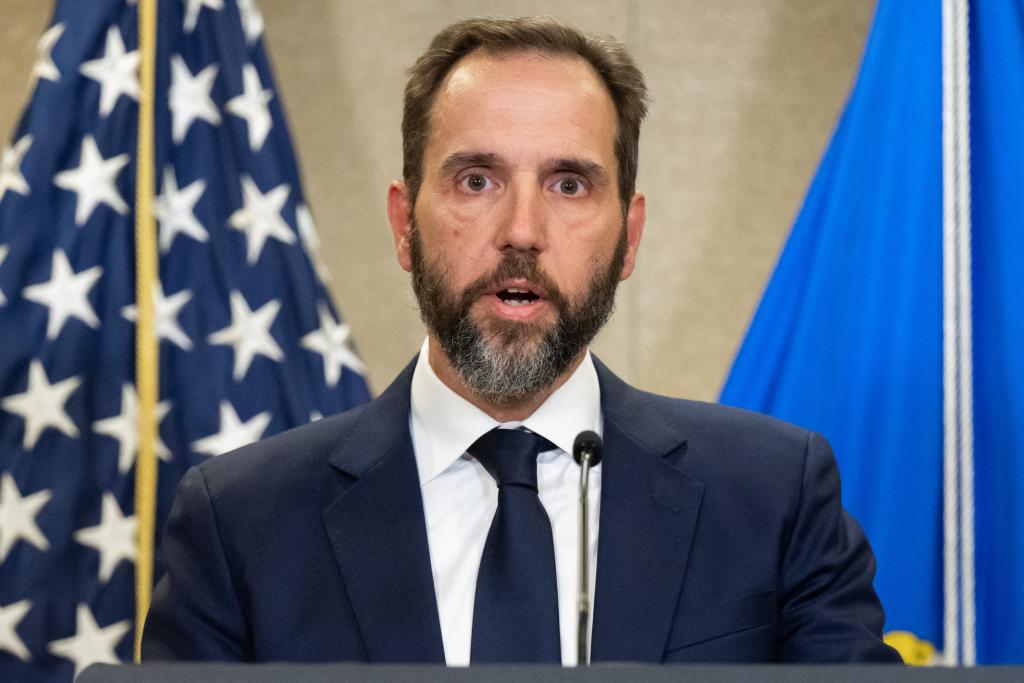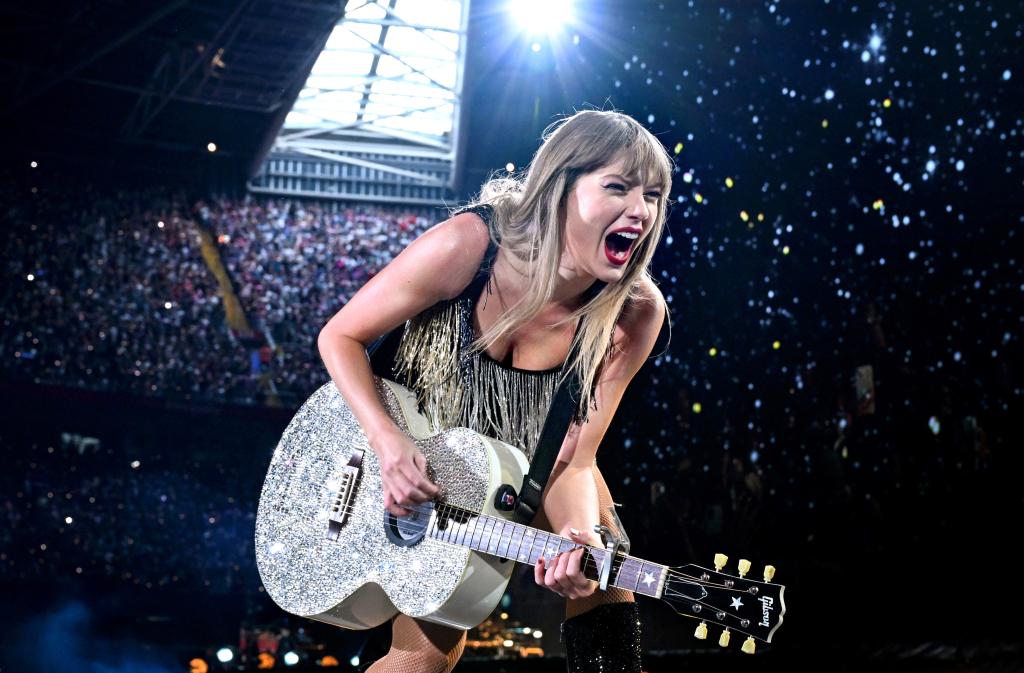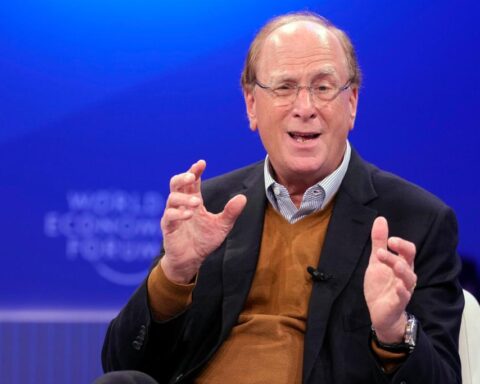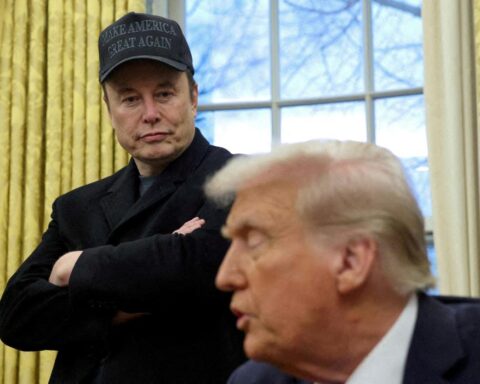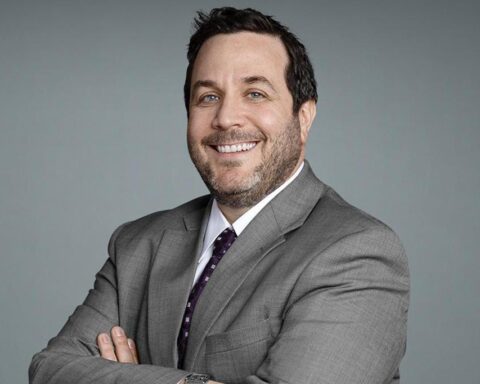Wall Street Reacts to the Controversial Department of Government Efficiency (DOGE) Initiative
The Department of Government Efficiency (DOGE), a radical new initiative spearheaded by Elon Musk and Vivek Ramaswamy under President-elect Donald Trump, has sparked heated debate across Wall Street. Tasked with slashing $2 trillion from the federal budget and hundreds of thousands of regulations by July 4, 2026, DOGE is poised to redefine the boundaries of federal spending and government control.
A Polarized Wall Street
Wall Street remains sharply divided over the initiative’s potential impact. Banking titans like JPMorgan CEO Jamie Dimon expressed optimism, stating at a recent conference that deregulation under DOGE has bankers “dancing in the streets.” Dimon highlighted years of regulatory constraints stifling credit, signaling DOGE as a boon for the financial sector.
Market volatility surrounding the initiative has excited traders eager to capitalize on the uncertainty. “There’s lots of money to be made with this wild volatility,” a seasoned stock trader noted.
However, not all voices are celebratory. Hedge fund billionaire Ray Dalio warned that drastic cuts could mirror the political purges of hard-right regimes from the 1930s, raising alarms about potential overreach. Others remain skeptical about DOGE’s ability to deliver meaningful fiscal reform. “It won’t move the needle on the $36 trillion national debt,” one banker opined.
The High-Stakes Vision of DOGE
DOGE’s ambitious plan has already sent ripples through the market. Last week, reports of a potential IRS app led to significant losses for tax preparation giants H&R Block and Intuit, maker of TurboTax. Defense contractors like Lockheed Martin and Booz Allen Hamilton have been flagged by analysts as vulnerable to budget cuts, prompting financial firms like Jefferies to issue warnings to investors.
In contrast, deregulation could pave the way for stalled mergers, such as a potential Capitol One and Discover deal. Dimon noted that the impending regulatory overhaul could remove longstanding barriers, reinvigorating corporate consolidation efforts.
Musk and Ramaswamy: Reform Architects
Though Musk and Ramaswamy will serve as outside advisers rather than official government officials, their influence is pivotal. The pair have enlisted teams to vet candidates for key roles, including the Office of Management and Budget (OMB), which will play a critical role in executing their vision.
“Having the right person in OMB is key — it’s the only way anything gets done,” said a source close to the project.
A Tribute to the Meme and the Mission
The department’s name, DOGE, playfully pays homage to the “doge” meme—a Shiba Inu dog that also inspired the popular cryptocurrency Dogecoin. Beyond the lighthearted name lies a serious mission: redefining federal efficiency in unprecedented ways.
Historical Parallels and the Path Ahead
DOGE’s audacious goals echo the Reagan-era Grace Commission of 1984, which proposed 2,478 cuts to save $424 billion over three years. While Reagan’s plan failed under a Democratic Congress, DOGE may have better odds with today’s Republican-controlled legislature.
Ramaswamy and Musk’s unorthodox approach has captured the imagination of younger financial professionals eager to contribute. “It’s the financial form of enlisting in the military,” one investment banker remarked, highlighting the patriotic appeal of the initiative.
A Moment of Reckoning
As DOGE takes shape, the stakes couldn’t be higher. With Trump planning to renew the 2017 tax cuts and slash federal inefficiencies, Musk and Ramaswamy’s efforts will likely define the administration’s economic legacy. Whether DOGE is a groundbreaking solution or a contentious experiment, its impact on the federal government, financial markets, and the nation’s future remains a question that only time will answer.



